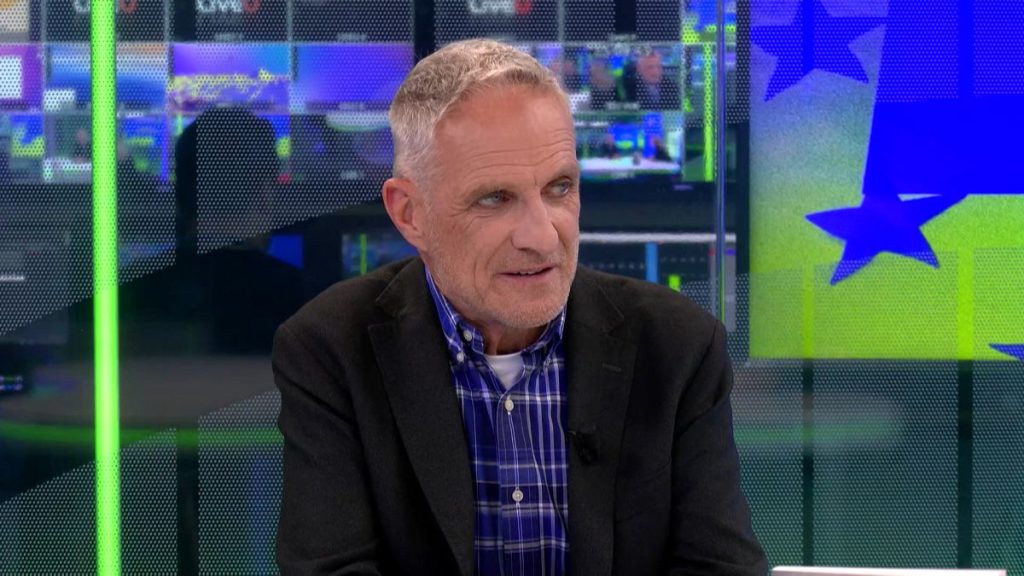Bernard Phelan’s 220-day ordeal as a hostage in Iran’s Mashad prison paints a chilling picture of a regime that uses human lives as bargaining chips in international power plays. His account, detailed in his book “You Will Die in Prison,” reveals the psychological torture of hearing fellow prisoners’ cries the night before their executions, the constant fear for his own life, and the dehumanizing conditions of his confinement. The arbitrary nature of his detention, stemming from a spurious espionage accusation, underscores the precariousness of individual liberty in a system where due process is disregarded. The experience left an indelible mark on Phelan, forcing him to confront the stark realities of a regime that routinely disregards human rights.
Phelan, a seasoned travel consultant with a deep familiarity with Iran, was arrested during his fifth visit to the country, a place he had previously lauded as a tourist destination. The absurdity of the charges against him – spying for enemy countries – became apparent when he learned through diplomatic channels that his detention was part of a larger scheme to seize foreign nationals for potential prisoner swaps. His French passport, rather than any actual wrongdoing, made him a target of opportunity in Iran’s cynical game of international hostage diplomacy. This revelation exposed the arbitrary and politically motivated nature of his imprisonment, highlighting the regime’s willingness to exploit individuals for diplomatic leverage.
The harsh realities of his imprisonment quickly set in. From the first night in a cell with only a blanket for comfort, punctuated by the sounds of a fellow prisoner being brutally beaten, Phelan understood the gravity of his situation. Weeks of intense interrogation followed, with authorities pressuring him to sign documents he believed were fabricated confessions. He steadfastly refused, clinging to the hope that his innocence would eventually prevail. This resistance, in the face of immense pressure, speaks to Phelan’s resilience and his refusal to succumb to the regime’s attempts to manipulate him.
Despite the grim circumstances, Phelan’s experience also revealed unexpected nuances within the Iranian prison system. While acknowledging the regime’s brutal persecution of its own LGBTQ+ citizens, he noted a surprising tolerance towards his own sexual orientation. The pragmatic calculation, he surmised, was that his value as a hostage rested on his being alive. This paradoxical situation, where his identity as a gay man was both acknowledged and ignored, offers a glimpse into the complex and often contradictory nature of the Iranian regime.
The psychological toll of indefinite detention weighed heavily on Phelan. Unlike prisoners in Europe, who know the length of their sentences, detainees in Iran are trapped in a limbo of uncertainty, never knowing when, or if, they will be released. This constant state of anxiety, coupled with the harsh prison conditions and the looming threat of execution, created an environment of profound psychological distress. Phelan’s account highlights the insidious nature of this uncertainty, which serves as a powerful tool of control and manipulation.
After 220 agonizing days, diplomatic efforts by French and Irish authorities finally secured Phelan’s release. He returned to his husband and his elderly father, marking the end of a harrowing chapter in his life. Though free, the experience undoubtedly left lasting scars, a testament to the human cost of political gamesmanship and the enduring resilience of the human spirit in the face of adversity. His story serves as a stark reminder of the importance of international pressure in securing the release of hostages and the ongoing need to advocate for human rights in countries where they are routinely violated.










